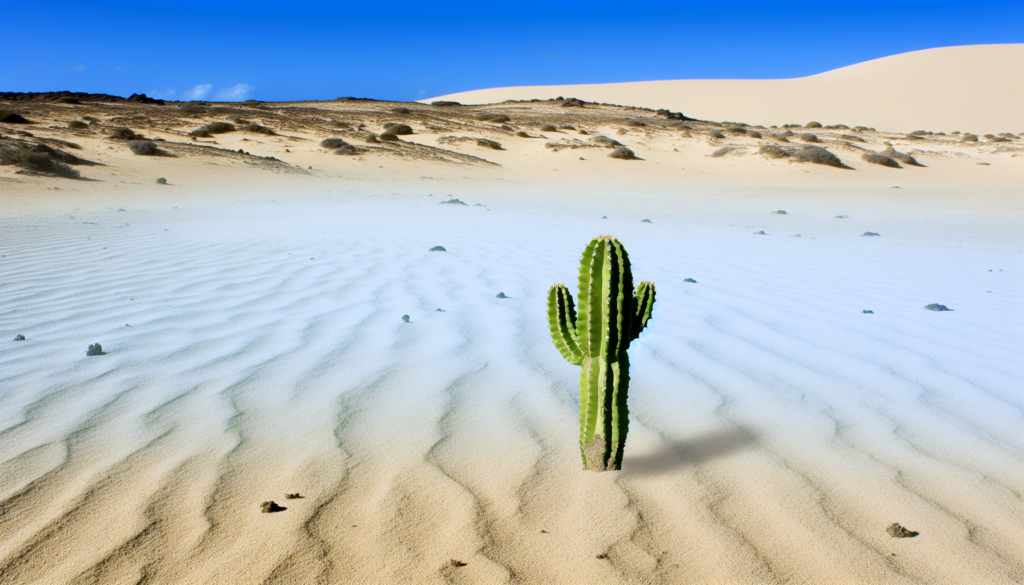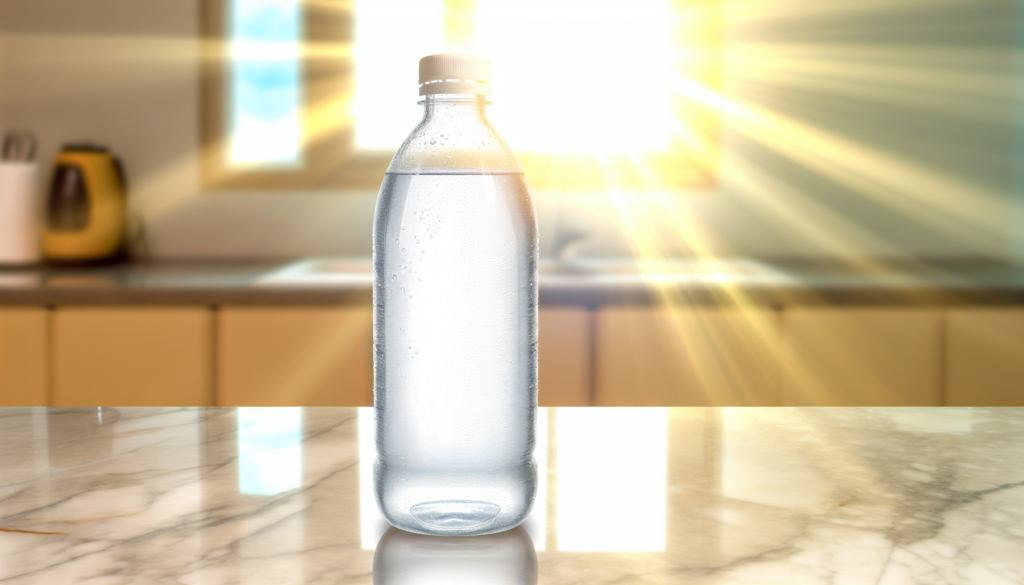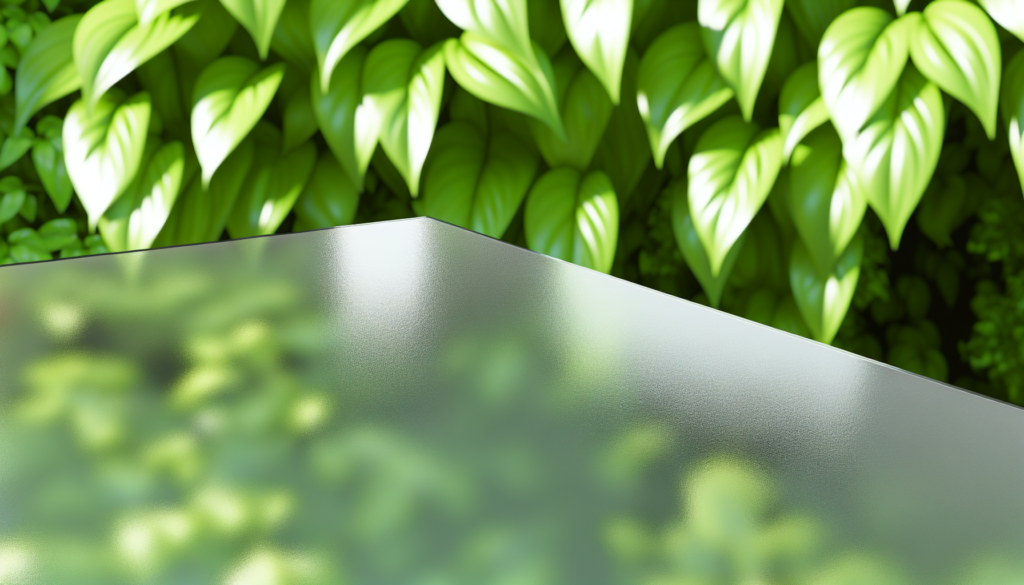Dealing with dry, flaky skin can feel like an endless battle, especially when you’ve tried countless moisturizers without seeing results. If you’re constantly reaching for lotion but still experiencing that tight, uncomfortable feeling, you might be overlooking some surprising culprits. Dry skin causes often extend far beyond the obvious factors like cold weather or forgetting to moisturize. Understanding the unexpected reasons behind your skin’s thirst for hydration can be the key to finally achieving that soft, supple complexion you’ve been chasing. Let’s explore some hidden factors that might be sabotaging your skin’s moisture barrier.
The Hidden Hydration Thieves in Your Daily Life
We all know that harsh winter air or excessive sun exposure can leave our skin parched. But did you realize that many everyday habits and environmental factors are silently stripping your skin of essential moisture? Here are some unexpected culprits:
1. Your Morning Shower Routine
That steamy, hot shower might feel amazing after a long day, but it’s actually one of the quickest ways to dehydrate your skin. Hot water strips away natural oils that form your skin’s protective barrier. The longer and hotter your shower, the more moisture you’re likely losing.
Try this instead: Keep showers lukewarm (around 98°F) and under 10 minutes. Pat—don’t rub—your skin dry, and apply moisturizer while your skin is still slightly damp to lock in hydration.
2. Hidden Ingredients in Your Skincare Products
Ironically, some products marketed for skin problems may be worsening your dryness. Common ingredients like alcohol, fragrance, and certain preservatives can irritate sensitive skin and compromise its natural moisture barrier.
Look out for these dehydrating ingredients:
3. Medication Side Effects
Many common prescriptions list dry skin as a side effect, but few people make this connection. Medications for acne (like isotretinoin), high blood pressure, cholesterol, allergies, and even some antidepressants can significantly reduce skin moisture.
If you’ve started a new medication and noticed increased dryness, consult your doctor about alternatives or supportive skincare strategies.
4. Your Office Environment
Spending hours in air-conditioned or heated environments silently dehydrates your skin throughout the day. These climate-controlled spaces typically have humidity levels below 20%, while your skin prefers environments with 40-60% humidity.
Combat this by keeping a small humidifier at your desk or applying a hydrating facial mist throughout the day.
5. Nutritional Deficiencies
Your skin reflects what’s happening inside your body. Deficiencies in omega-3 fatty acids, vitamin D, vitamin E, and zinc can manifest as dry, flaky skin. Even mild dehydration affects your skin’s appearance before you feel thirsty.
Focus on incorporating these skin-nourishing foods:
6. Excessive Exfoliation
In the quest for smooth, glowing skin, many of us over-exfoliate. While removing dead skin cells is important, doing it too frequently disrupts your skin barrier and triggers inflammation, leading to—you guessed it—more dryness.
Most skin types only need exfoliation 1-2 times per week. If you’re experiencing dryness, try cutting back and see if your skin improves.
7. Hard Water Damage
The mineral content in your tap water could be contributing to your skin woes. Hard water contains high levels of minerals like calcium and magnesium that can leave residue on skin, disrupt its pH balance, and make it harder for moisturizers to penetrate.
Consider installing a shower filter or using micellar water for a final rinse after cleansing.
8. Stress and Sleep Deprivation
When you’re stressed or sleep-deprived, your body produces more cortisol, which can decrease hyaluronic acid production—a molecule crucial for skin hydration. Plus, during sleep, your skin enters repair mode, balancing moisture levels and rebuilding its barrier.
Prioritizing quality sleep and stress-reduction techniques doesn’t just feel good—it shows on your skin.
9. Aging Changes
As we age, our skin naturally produces less oil. After 40, sebum production decreases significantly, and the skin’s ability to retain moisture diminishes. What worked for your skin in your 20s might not be sufficient in your 40s and beyond.
Adjust your skincare routine to include more hydrating ingredients like hyaluronic acid, glycerin, and ceramides as you age.
10. Underlying Medical Conditions
Sometimes persistent dry skin signals something more than external factors. Conditions like eczema, psoriasis, thyroid disorders, and diabetes can all manifest with dry skin symptoms. If your dryness is severe, widespread, or doesn’t respond to improved skincare, consider consulting a dermatologist.
Healing Your Skin’s Moisture Barrier
Understanding these hidden causes of dry skin is just the first step. Restoring your skin’s moisture barrier takes time and consistency. Focus on gentle, fragrance-free cleansers, hydrating serums containing hyaluronic acid, moisturizers with ceramides, and occlusive ingredients like shea butter or petrolatum to seal in hydration.
Remember that what works for someone else might not work for you. Your skin’s needs are unique and influenced by genetics, environment, lifestyle, and the specific causes behind your dryness. Listen to your skin, adjust your routine accordingly, and give new approaches at least a few weeks before expecting significant changes.
By addressing these surprising factors, you’ll be well on your way to resolving your dry skin concerns rather than just temporarily masking the symptoms. Your skin barrier will thank you with a naturally dewy, comfortable complexion that requires less intervention over time.







